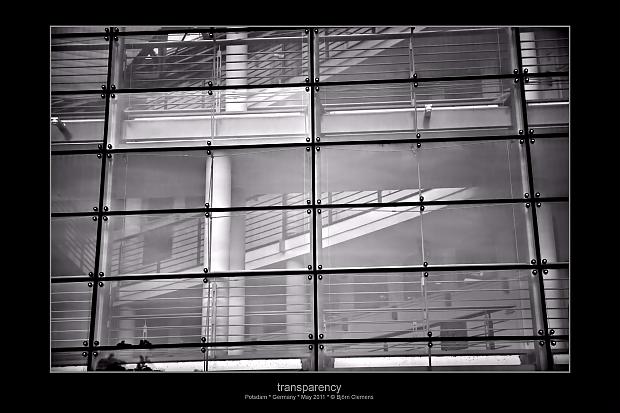European Oyster will open just a little
European Oyster will open just a little

The struggle for more transparency over the decisions taken in Brussels is beginning at last to pay dividends. The European Commission has finally gone as far as to say that henceforth their starting position in negotiations will be made public, while this week it was revealed that – initially still on a voluntary basis – every meeting that MEPs hold with lobbyists may be announced on the EP website. In addition to these measures, negotiations between Parliament, Council and Commission concerning the strengthening of the European lobby register will be more public, at least if the EP gets its way. The odd thing is that it is now principally the Council of Ministers which offers little openness. Governments have apparently a lot to hide.
In the case of the trade treaties the fact that everything remained under wraps until the negotiations were complete was customary. True, MEPs were able to study the papers in a specially-designated room, as long as you handed your mobile over so that nothing could leak out. When it came to the lobby register - aka the transparency register – only the Commission proposal was made public, while those of the Council and the Parliament remained unknown. I the case of the EP, however, this is going to change, as the negotiators want greater transparency, even in the case of the transparency register. Things can’t get much dafter.
So the biggest and most intractable oyster is still the Council of Ministers, because of which I have lodged a complaint against that body to the effect that they refuse to make public their legal advice on the obstacles to their joining – you guessed it – the existing transparency register. The European Ombudsman is looking into my complaint and my expectation is that the Council will have to start tacking.
It’s odd that it’s the representatives of national governments who want to carry on being so secretive. Admittedly, the Netherlands has stood up in the Council for more transparency, but it doesn’t want everything to be so smooth. This might have to do with the ancient practice that government leaders and ministers, when they go over things, don’t want to do it before the eyes of the entire world. Take our own prime minister Mark Rutte, who in the Netherlands has declared his opposition to grand, far-sighted schemes for Europe’s future, while when he gets to Brussels simply joins in the construction of a federal Europe. Yet the Council won’t be able to escape the call for transparency. The public aren’t going to back down on this, while I shall use every means at my disposal to force the EU institutions into transparency: legal complaints, legal procedures if necessary, and via public pressure – all of this in complete openness.
- See also:
- Dennis de Jong
